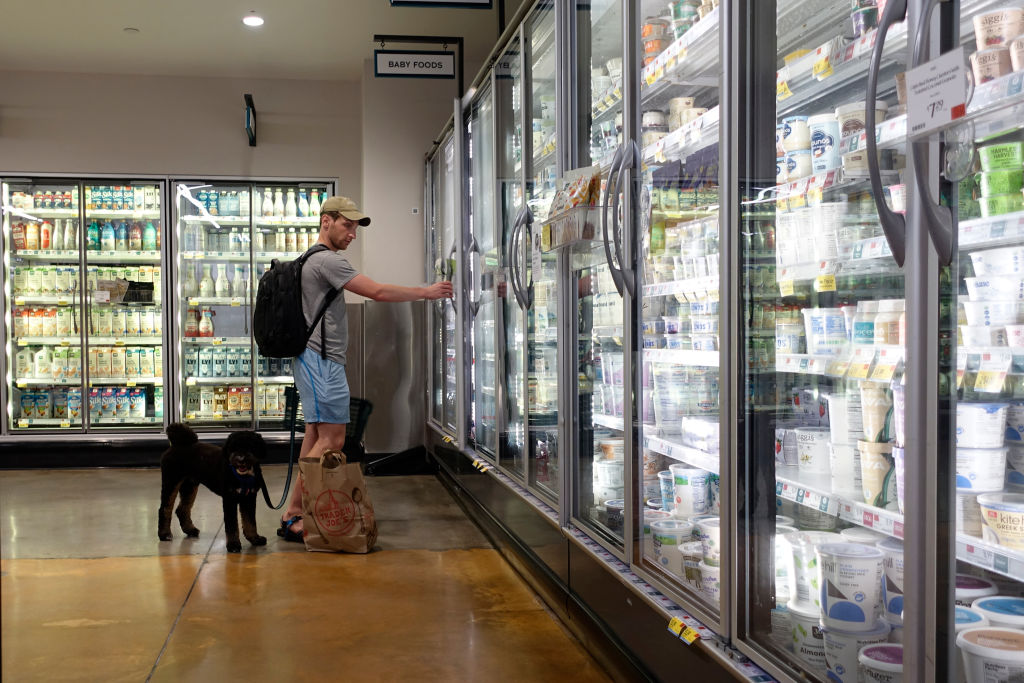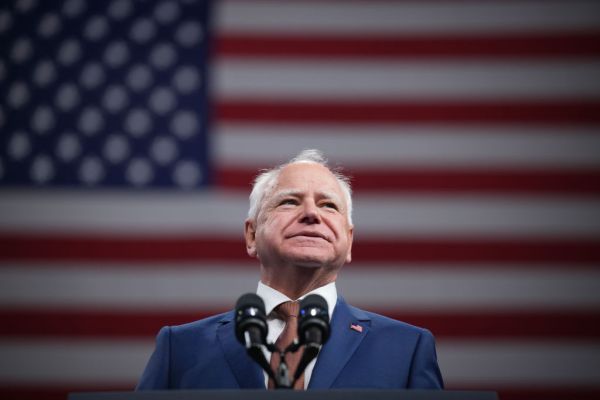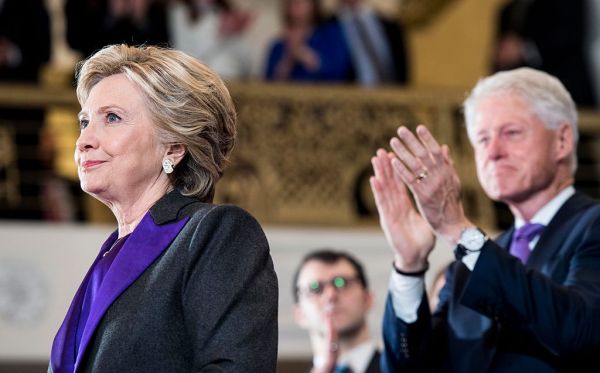On Wednesday, the U.S. Bureau of Labor Statistics (BLS) published inflation data for the month of July. According to the report, the U.S. Consumer Price Index (CPI) rose by approximately 2.9 percent between July 2023 and July 2024—far below the decades-high 9.1 percent annual rate recorded in June 2022, but still above the Federal Reserve’s 2 percent average inflation target. CPI, which compares changes in prices over time using a representative basket of goods—including food, automobiles, and rent—is the most common index used to measure inflation across the American economy.
Some social media users reacted negatively to the report, claiming that the modest change in CPI did not reflect their personal experiences of price increases, particularly for groceries.
“Nice fake number – but I live in the real world – my grocery and pet food bills have doubled under Biden and gas prices have more than doubled,” read one X post with more than 900,000 views. “Libs are paying double and triple too, but they’ll believe this,” said one user in response. “The cost of dog and cat food is ridiculous,” replied another.
Financial journalist James Surowiecki hit back at the posts, saying that people who believe grocery prices have doubled under President Joe Biden aren’t living in reality.
Surowiecki’s post exploded, gaining more than 6 million views and nearly 10,000 responses—many in which users claimed that their grocery bills had, in fact, doubled.
So, who’s right? The data is on Surowiecki’s side. Food prices have increased substantially over the past four years, but not by 100 percent as claimed. Official economic data indicates that the average price of groceries has increased nationally by approximately 21 percent since Biden took office.
How much more expensive are groceries today?
Alongside its economy-wide measure of CPI, the BLS also records price changes for specific bundles of goods, including groceries. Since the onset of the COVID-19 pandemic in early 2020—which introduced several significant inflationary pressures to the U.S. economy—grocery prices have risen by approximately 25.2 percent on average across the country. Since Biden took office in January 2021, grocery prices have risen by approximately 20.9 percent.
While grocery prices have not nearly doubled on average, the 25.2 percent rise since February 2020 is not insignificant, especially when compared to the price increases in the preceding decade. In the 10 years leading up to the COVID-19 pandemic, average grocery prices across the U.S. rose by only 13.7 percent total.
Some individual food items have also seen larger increases in prices than others. According to BLS average price data, the cost of a pound of ground beef has increased by approximately 38.64 percent since Biden took office in January 2021, and the cost of a pound of butter has risen by 34.39 percent. Eggs have seen the largest rise of any of the foods tracked by the BLS, rising 110.1 percent during the Biden presidency. Other staples have risen in price but not as much: The cost of a gallon of milk, for example, has risen by only 14.85 percent since January 2021.
What about pet food, another product mentioned in the viral X post? According to the CPI’s pet food average, the family dog and cat are costing Americans approximately 23.8 percent more to feed today than in the month Biden took office.
If you have a claim you would like to see us fact check, please send us an email at factcheck@thedispatch.com. If you would like to suggest a correction to this piece or any other Dispatch article, please email corrections@thedispatch.com.










Please note that we at The Dispatch hold ourselves, our work, and our commenters to a higher standard than other places on the internet. We welcome comments that foster genuine debate or discussion—including comments critical of us or our work—but responses that include ad hominem attacks on fellow Dispatch members or are intended to stoke fear and anger may be moderated.
With your membership, you only have the ability to comment on The Morning Dispatch articles. Consider upgrading to join the conversation everywhere.